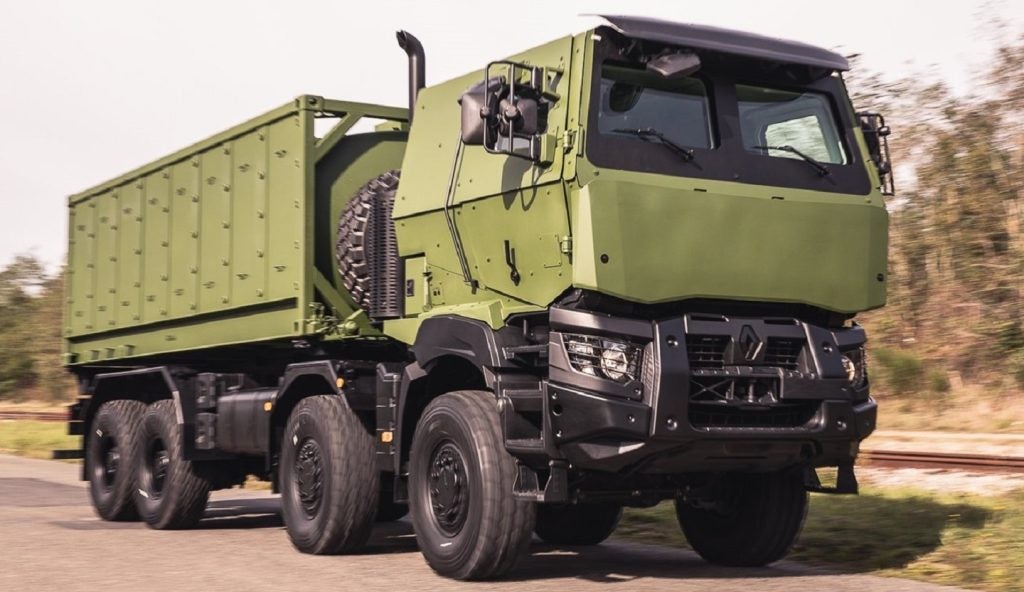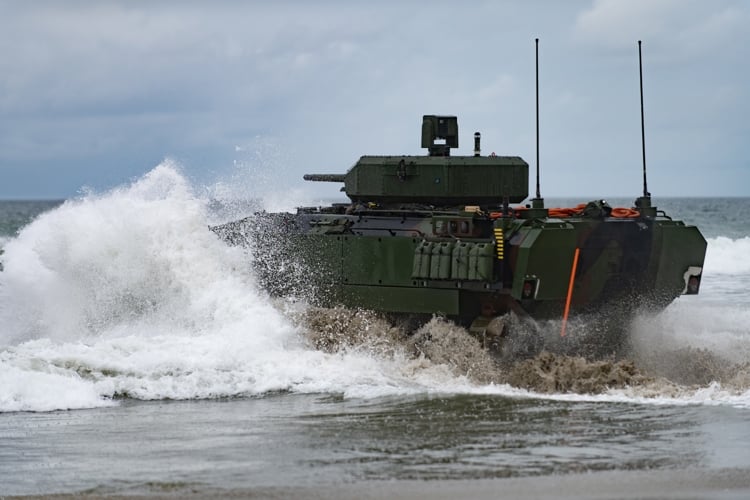
The French defence innovation agency (AID) announced its selection of a consortium led by MBDA to develop a design for its ‘LARINAE’ programme – for the development of a remotely controlled ammunition system capable of neutralising a hardened target within 50km.
The first demonstrations, expected by the end of 2024, will allow AID and the General Directorate of Armaments (DGA) to assess the relevance of the industrial proposals relating to the operational need expressed by the French Armed Forces.
AID and DGA selected two consortias: the MBDA-led project will also run against a project Nexter Arrowhead, EOS Technology and Traak – both selected from among 16 proposals.
MBDA’s project aims to develop a drone weighing around ten kilogrammes with deployable wings. This solution will make it possible to explore use cases requiring compactness and mobility.
Meanwhile, the Nexter/EOS/Traak project aims to develop a surveillance drone weighing ten kilogrammes, with vertical take-off and landing, which can evolve in an environment without GPS. The system’s endurance will make it possible to explore long-term surveillance use cases (3 hours), in a possibly larger environment, and without necessarily having a GPS signal.
MBDA draws from its ‘minimum viable product’ approach
Following on from the success of the first COLIBRI call for projects – which called for a similar system to the LARINAE, but within a close contact range of 5km – MBDA has confirmed its position in the field of remotely-controlled ammunitions with the selection of its MUTANT concept, based on a ‘minimum viable product’ approach that focuses on user requirements.
MBDA’s propelled and guided munition benefits from technologies developed by the company over many years, in particular the AKERON family, to ensure very high levels of performance in neutralising armoured and mobile targets, while guaranteeing operational reliability and safety.
Agile delivery of cost, timing and capability
“We are absolutely mobilising for a different paradigm,” Mike Mews, the director of Sales and Business Development at MBDA UK, told Army Technology last month.
The new paradigm will see defence companies try to balance cost, timing and capability – but companies must be more agile to effectively meet the growing demands of Europe’s increasing mobilisation in the wake of the war in Ukraine.
That is why MBDA is working closely with AID and DGA “to do things differently”, the French Ministry for the Armed Forces stated.
The consortium will deliver with only the description of the effects to be produced and without any technical specifications; they project will be ambitious in terms of effects and deadlines; and consider the recurring cost as a shaping factor as the solution must present an overall cost of use lower than the armaments currently used.







